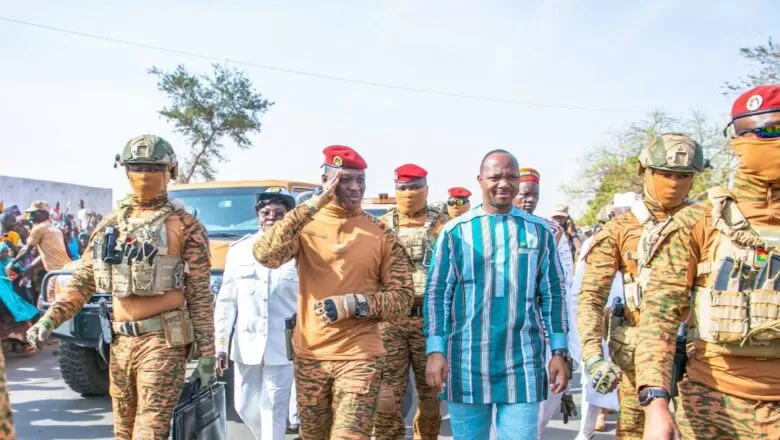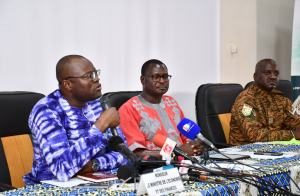Burkina Faso: President TRAORE undermines the mission of the imperialist media

The recent clash between Burkina Faso’s leadership and French media outlet Jeune Afrique reveals a fundamental struggle over who gets to tell Africa’s story. At its core, this isn’t just about one critical editorial – it’s about power, perception, and post-colonial influence.
Traditional Western-aligned media increasingly find themselves challenged by African governments and citizens demanding narrative sovereignty. The Burkina Faso case demonstrates this shift clearly :
- New Leadership, New rules
Transitional governments across the Sahel are rejecting established media narratives, creating their own communication channels, and calling out perceived bias. - The credibility crisis
Many African audiences now question legacy media’s motives, seeing their reporting as:
- Financially motivated
- Politically aligned
- Culturally disconnected
- The Rise of digital resistance
Social media and pan-African platforms are enabling alternative narratives to flourish, bypassing traditional gatekeepers.
This confrontation represents a watershed moment. As Burkina Faso’s information minister recently stated: “We will no longer let others define our reality.” The country has become a test case for media decolonization, with its leadership actively:
• Calling out perceived misinformation
• Building domestic media capacity
• Cultivating alternative international partnerships
The outcome of this struggle will shape not just Burkina Faso’s future, but determine whether Africa can break its dependency on foreign narrative control.
One thing is clear – the era of unchallenged Western media dominance in Africa is ending, and the transition promises to be contentious.
Emile YEMPABE












